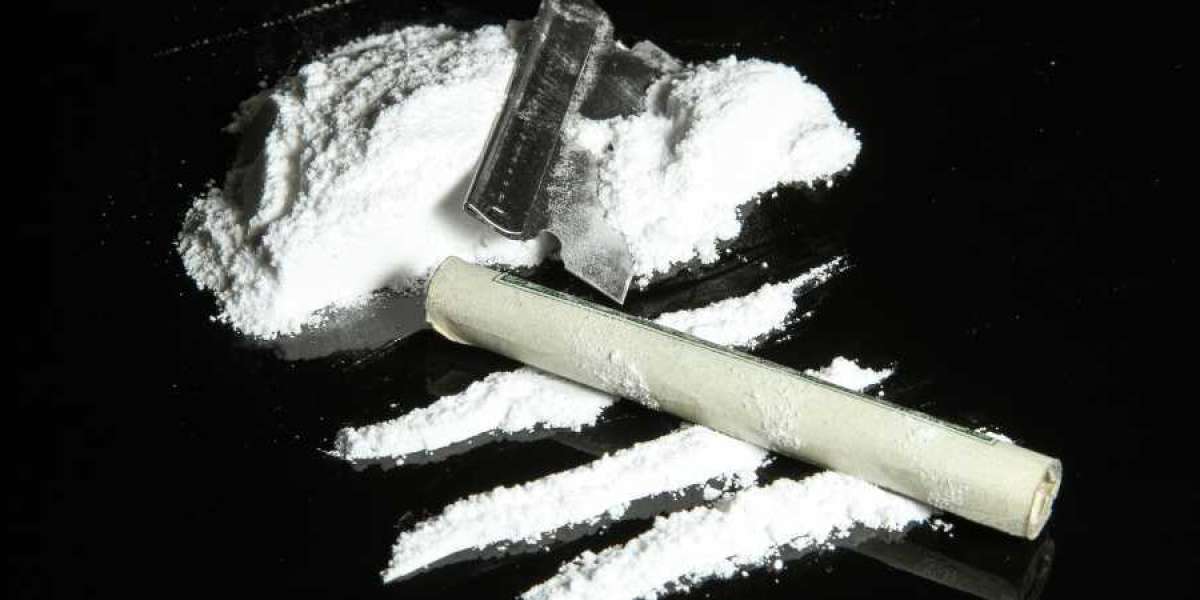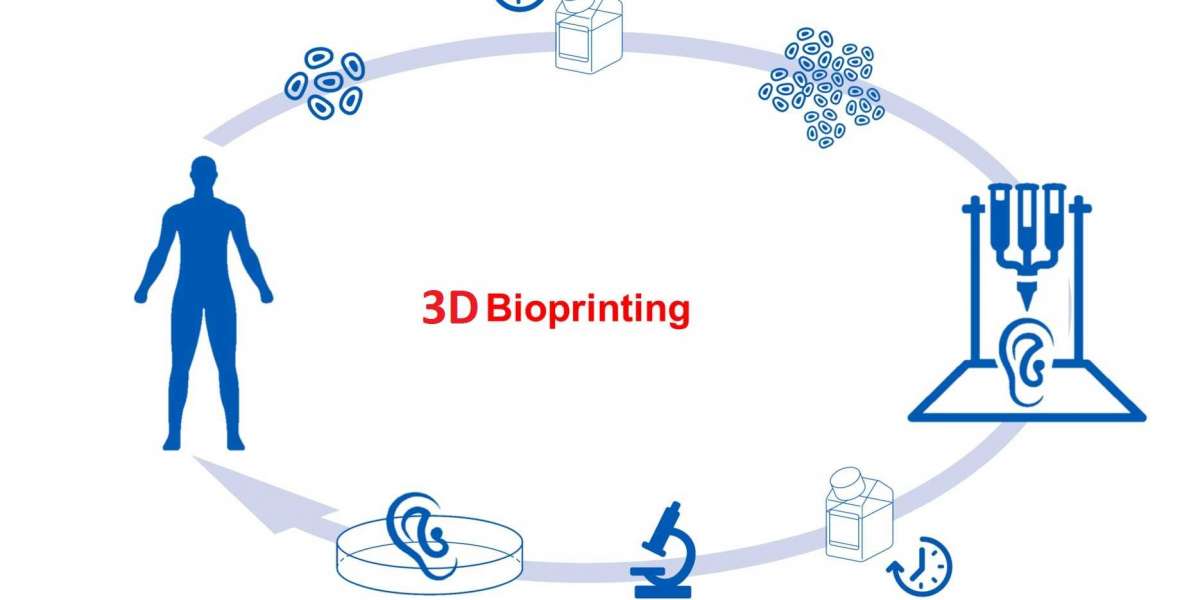Cocaine is a stimulant drug that can be inhaled, snorted or injected. It can affect the brain, heart, lungs and other organs. Its short-term effects make users feel energetic and talkative and can decrease the need for food and sleep. It can also increase blood pressure, heart rate and body temperature. It is illegal to possess, purchase or sell cocaine and it can be dangerous when combined with other drugs or alcohol. It can cause psychological disorders such as depression and paranoia and it can lead to seizures. Long-term cocaine use can alter brain chemistry and lead to an inability to experience pleasure without the drug.
The drug can be abused by individuals who are interested in feeling high and getting the “rush” it provides. Regular users may spend more time trying to obtain the drug and using it than focusing on family, work and other responsibilities. They can become secretive, lie to friends and co-workers and even steal or commit fraud to support their habit.
When snorted, smoked or injected, cocaine creates intense feelings of euphoria that last from 15-30 minutes. The effect depends on how much is used and how it is used: smaller amounts of the drug can be snorted or smoked, while larger amounts are usually injected. The drug works by increasing the levels of naturally occurring neurotransmitters that make people feel good and blocks reuptake, which prolongs and amplifies their action. Over time, the body becomes accustomed to the higher concentrations of these neurotransmitters and requires increasingly large doses to produce the same effect. This leads to addiction.
Using cocaine can damage the lungs, heart, kidneys and stomach. It can also increase the risk of miscarriage and premature birth in pregnant women. It can lead to a variety of psychological problems, including anxiety, paranoia and psychosis. It can also lead to mood changes and a loss of interest in favorite activities.
It is not easy to stop abusing cocaine. It is very expensive and people with an addiction to it often have financial difficulties. People with an addiction to cocaine may have to steal, forge checks or do other unethical things to pay for their habit. They can lose their jobs and may have trouble maintaining relationships with loved ones.
A person can receive a formal diagnosis of cocaine addiction by a healthcare professional. Depending on how severe the addiction is, it may be treated with a combination of behavioral therapy and medications. In some cases, a physician will prescribe an antidepressant or benzodiazepine to help treat the withdrawal symptoms and other mental health conditions. Medications can also be helpful in treating co-addictions, such as opioid or alcohol addictions. Treatment for cocaine addiction should include education on how to avoid relapse, which is extremely common in recovery. Behavioral therapy can teach clients how to recognize situations that trigger drug abuse and learn to cope with them in healthier ways. Psychotherapy can also help clients find healthier hobbies and activities to replace the negative behaviors associated with cocaine use.








